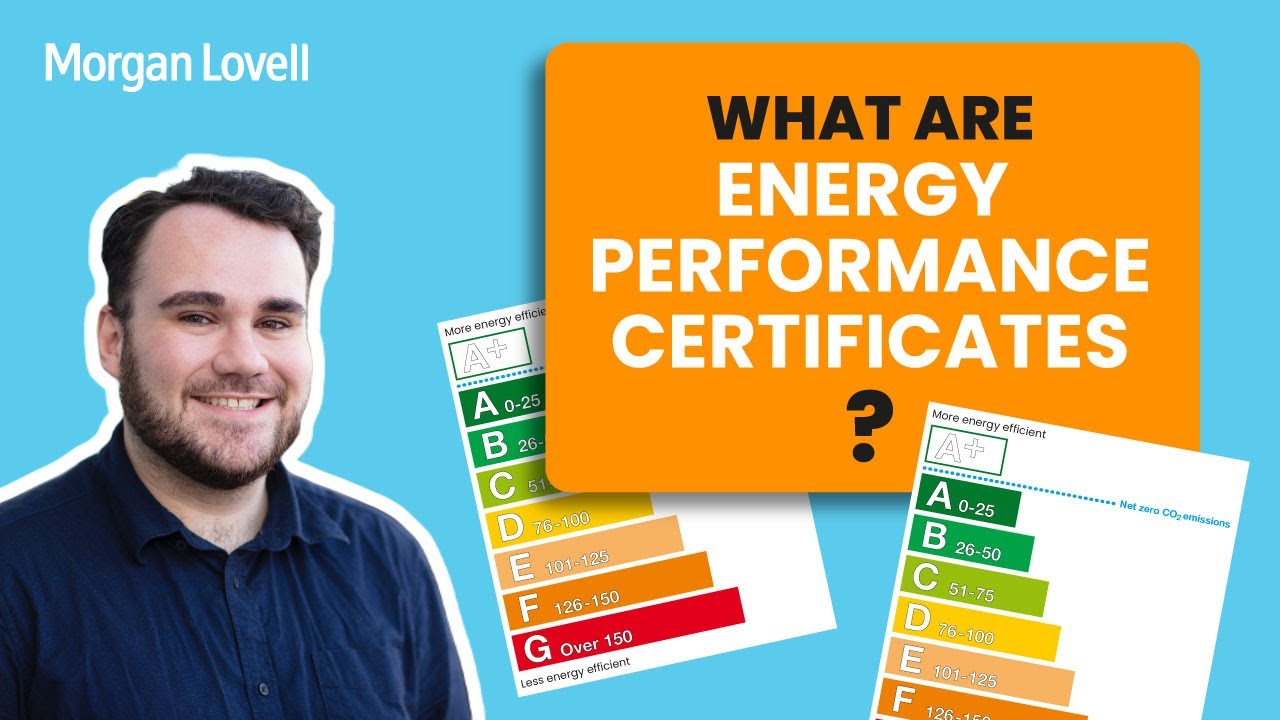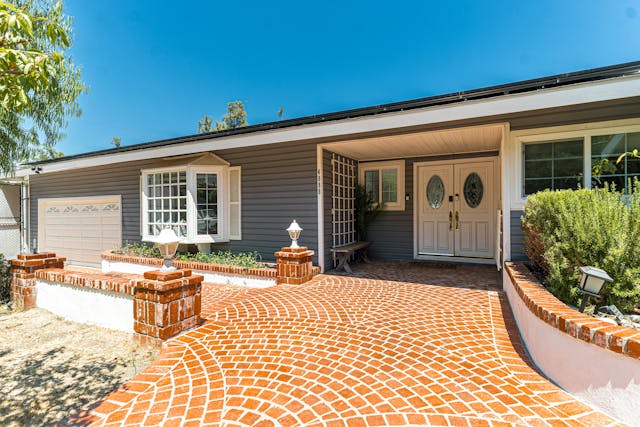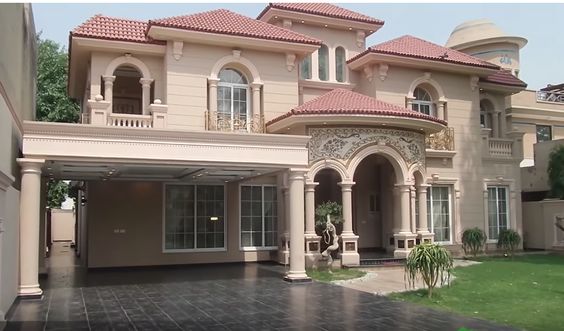When buying or renting property in Portugal, one important aspect that may not be immediately apparent is the need for an Energy Performance Certificate (EPC). This certificate is a legal requirement for all real estate transactions and rental agreements in Portugal. It provides information about the Energy Performance Certificates in Portugal, helping buyers and renters make informed decisions.
In this post, we will dive into the Energy Performance Certificate in Portugal, its significance, how to obtain one, and why it matters for property owners and investors.
What is an Energy Performance Certificate (EPC)?
An Energy Performance Certificate (EPC) is a document that evaluates the energy efficiency of a property. It assesses how much energy the property consumes based on factors like insulation, heating systems, and overall design. The certificate is rated on a scale from A+ (most efficient) to F (least efficient), and it helps both homeowners and tenants understand the energy consumption of the property.For example, a property with a high energy rating (A or B) will likely have lower energy bills, better insulation, and environmentally friendly features. In contrast, a property with a lower energy rating (D or F) could require energy improvements.

Why is the EPC Important in Portugal?
The Energy Performance Certificate is important for several reasons:
- Legal Requirement: In Portugal, it is mandatory for sellers, landlords, or anyone wishing to rent or sell property to have an EPC. Without it, you cannot complete a real estate transaction. Whether you are purchasing, selling, or renting, the EPC must be provided.
- Energy Efficiency Awareness: The EPC helps buyers and renters make informed decisions about a property’s energy efficiency. A higher rating can indicate long-term savings on energy bills and a more sustainable living environment.
- Environmental Impact: The EPC helps contribute to Portugal’s broader environmental goals by encouraging energy-efficient buildings. With Portugal’s commitment to reducing carbon emissions, the EPC acts as a tool to promote sustainable construction and renovation practices.
- Property Value: Properties with higher EPC ratings are generally more appealing to potential buyers or tenants. Energy-efficient homes tend to have a higher market value and lower running costs, making them an attractive investment.
How to Obtain an Energy Performance Certificate in Portugal
Obtaining an EPC in Portugal involves a few simple steps:
- Hire a Certified Technician: To obtain an EPC, you must hire a certified energy assessor. These professionals are qualified to evaluate the energy performance of a property and issue the certificate. They will conduct an inspection of the property, assessing factors like insulation, heating and cooling systems, and energy sources.
- Inspection and Evaluation: The technician will inspect the property to evaluate its energy efficiency. This may include checking the building’s insulation, windows, electrical systems, and heating systems. The technician will then calculate the energy performance rating.
- Issuing the Certificate: After the inspection, the energy assessor will issue the Energy Performance Certificate. This certificate will include the property’s energy rating, recommendations for improvements (if necessary), and an estimate of potential energy savings.
- Valid for 10 Years: Once issued, the EPC is valid for 10 years. However, if major renovations or changes are made to the property that affect energy consumption, the EPC may need to be updated.
Conclusion
An Energy Performance Certificate (EPC) is a crucial element of the property transaction process in Portugal. Not only is it a legal requirement, but it also offers significant benefits to property buyers, sellers, and renters. By understanding the energy performance of a property, you can make more informed decisions that align with your sustainability goals and financial preferences.At Portugal Investment Properties, we guide our clients through every step of the real estate process, including ensuring compliance with all legal requirements, such as obtaining an EPC. Contact us today to learn more about energy-efficient properties and how an EPC can add value to your real estate investments in Portugal.













